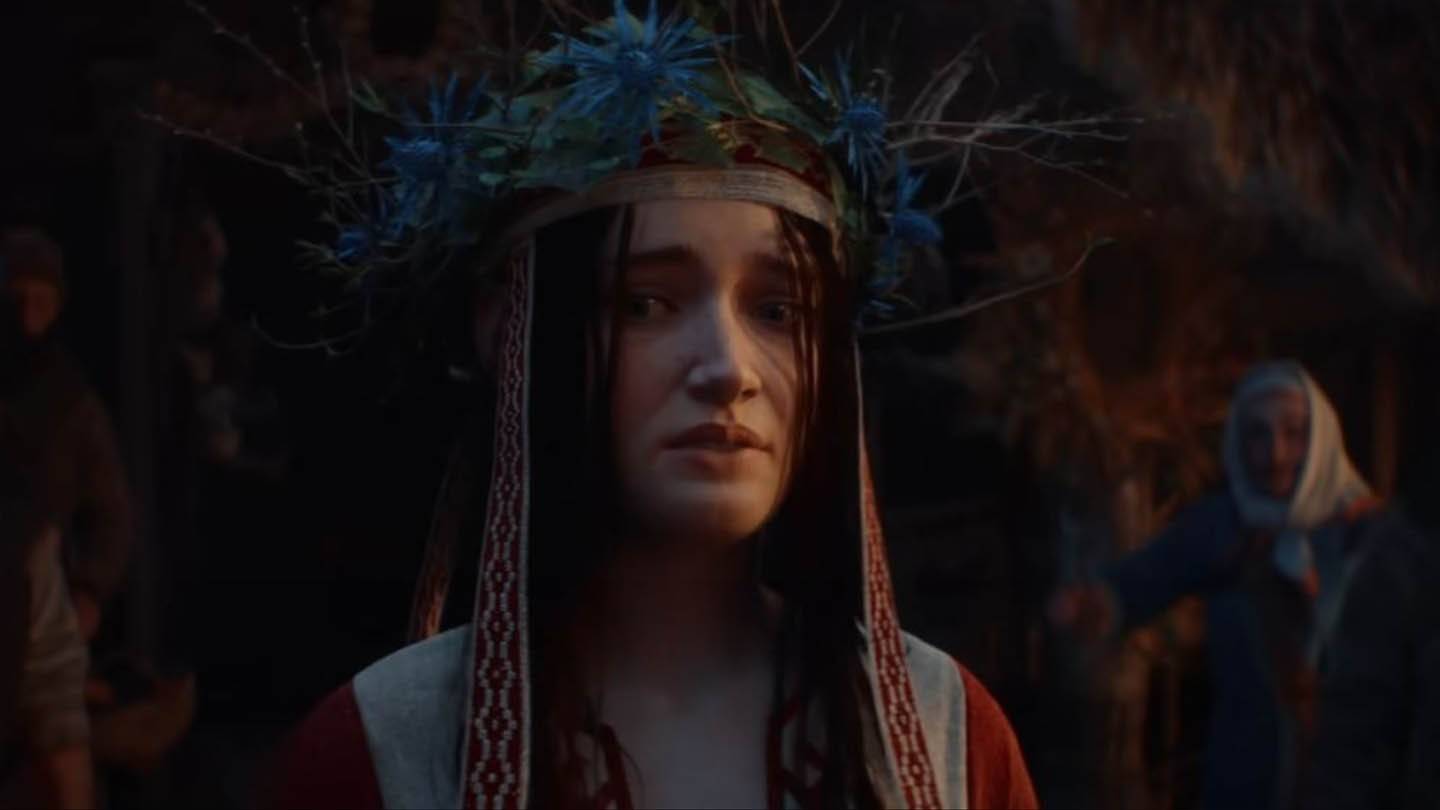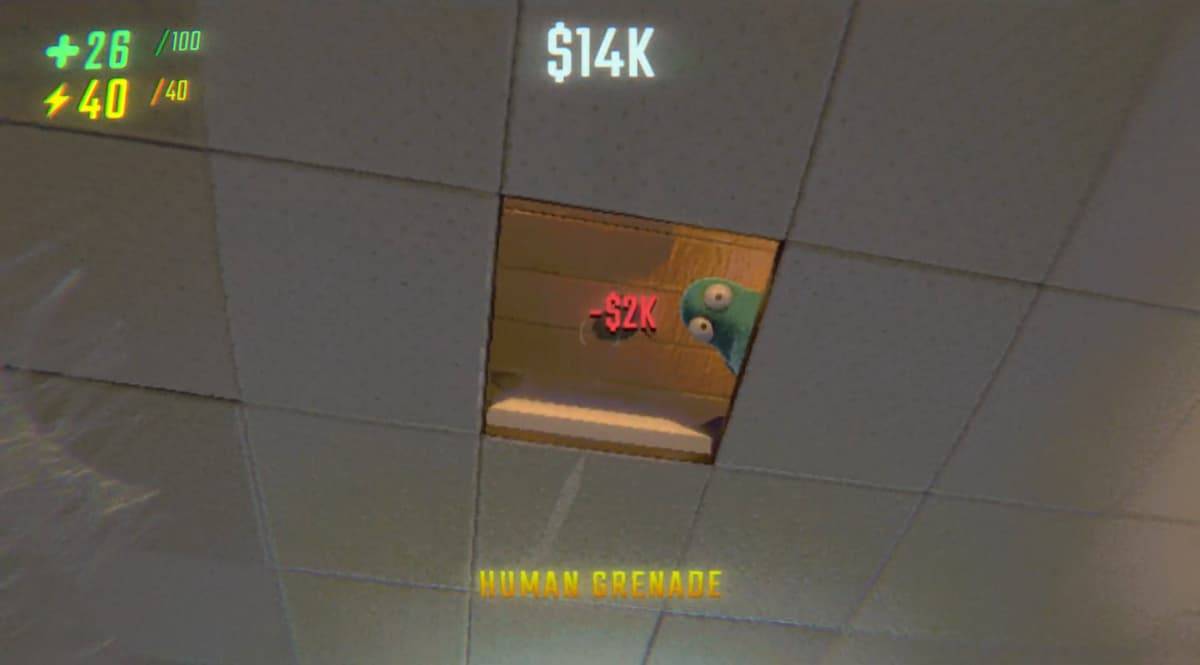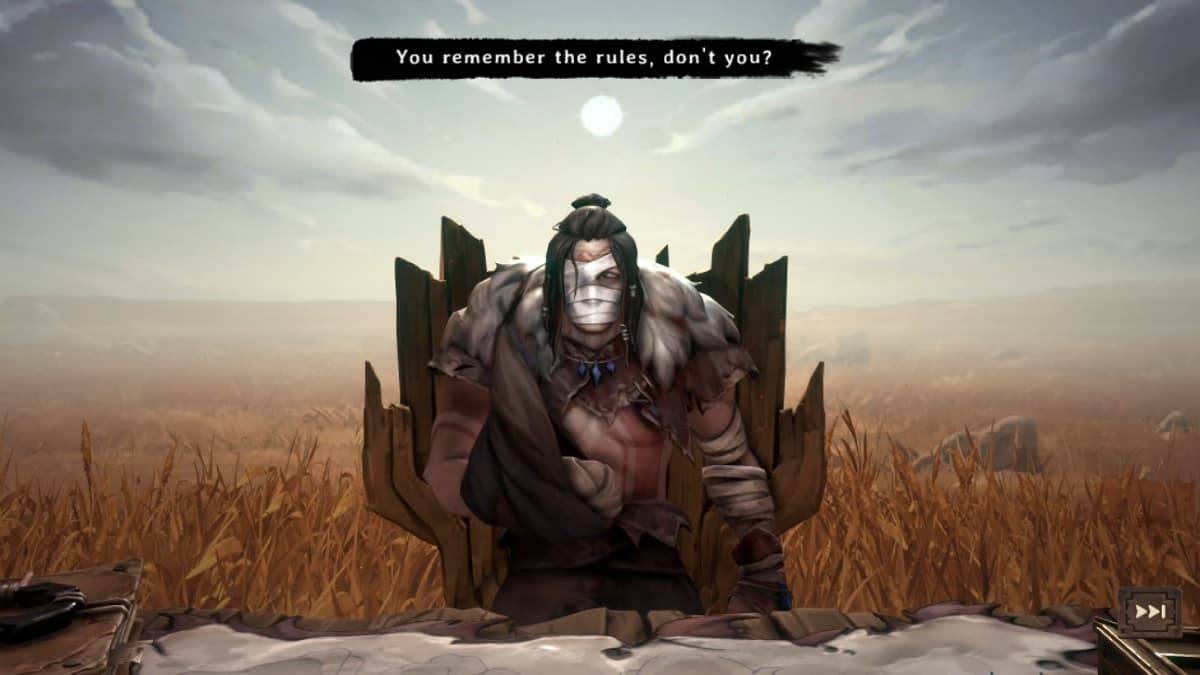
Daniel Vavra, the creator of the Kingdom Come trilogy and a key figure at Warhorse Studios, has been vocal about his strong criticisms of Unreal Engine, particularly its struggles with complex and open-world game development. Vavra's comments come in the wake of reports suggesting that The Witcher 4 has been facing significant production challenges due to its switch from the RED Engine to Unreal Engine.
Vavra pointed out that Unreal Engine is adept at rendering simpler environments, such as deserts and rocky terrains, but it has historically struggled with more complex elements like trees. He specifically criticized Unreal's Nanite technology, claiming it falls short in generating detailed vegetation, a crucial aspect for immersive open-world games. A CD Projekt employee reportedly confided in Vavra that scenes which ran smoothly on the RED Engine were causing delays and issues on Unreal.
The developer also highlighted that studios typically opt for custom engines when developing open-world titles, questioning CD Projekt's decision to abandon the RED Engine, which has proven successful for them in the past. Vavra further criticized Unreal Engine for its high system requirements, noting that it demands computers that cost thousands of euros, making it inaccessible to many gamers.
Shifting focus to his own work, Vavra's Kingdom Come: Deliverance series continues to captivate fans with its medieval Bohemian setting. The much-anticipated sequel, Kingdom Come: Deliverance 2, set to release on February 4, promises to enhance the experience with upgraded graphics, a refined combat system, and a narrative deeply rooted in historical events, continuing the adventures of Indřich.
In preparation for the sequel's launch, we have gathered all the latest information on Kingdom Come: Deliverance 2, including system requirements and estimated playthrough times. We will also provide instructions on how to download the game upon its release, ensuring fans can dive back into the medieval world as soon as possible.



















